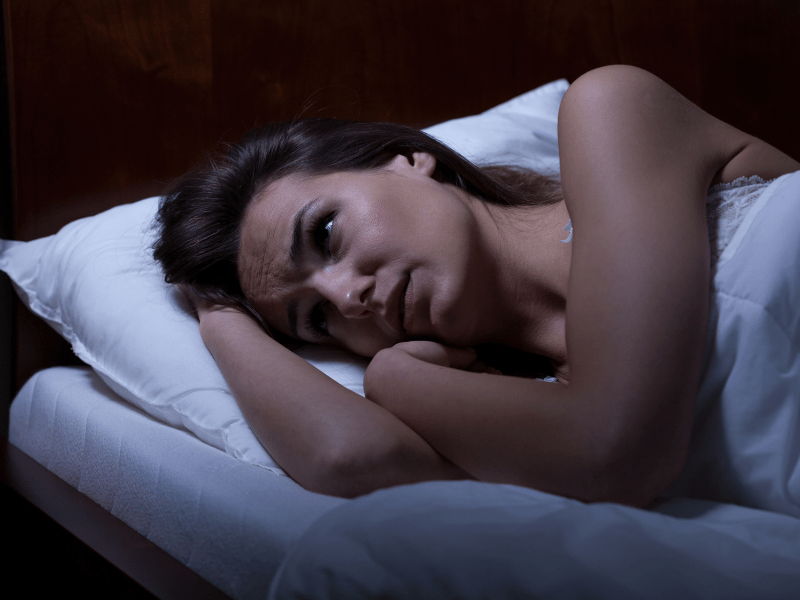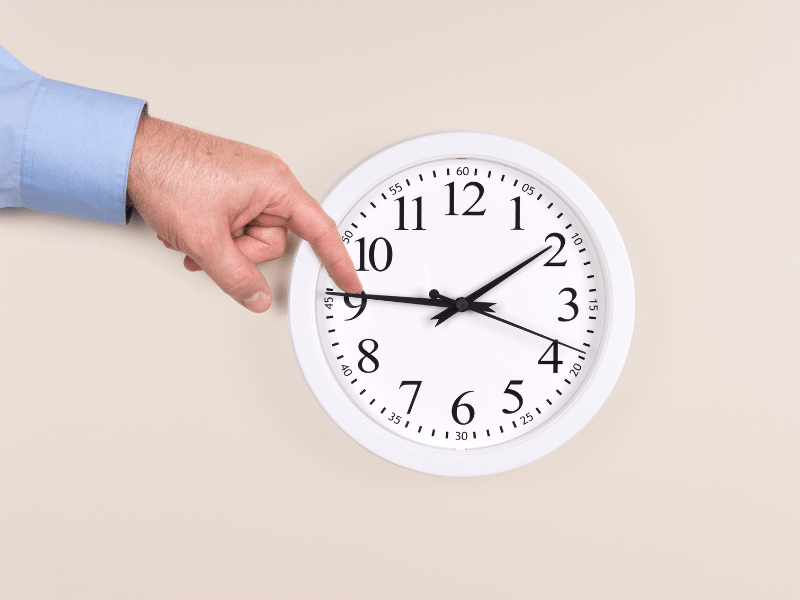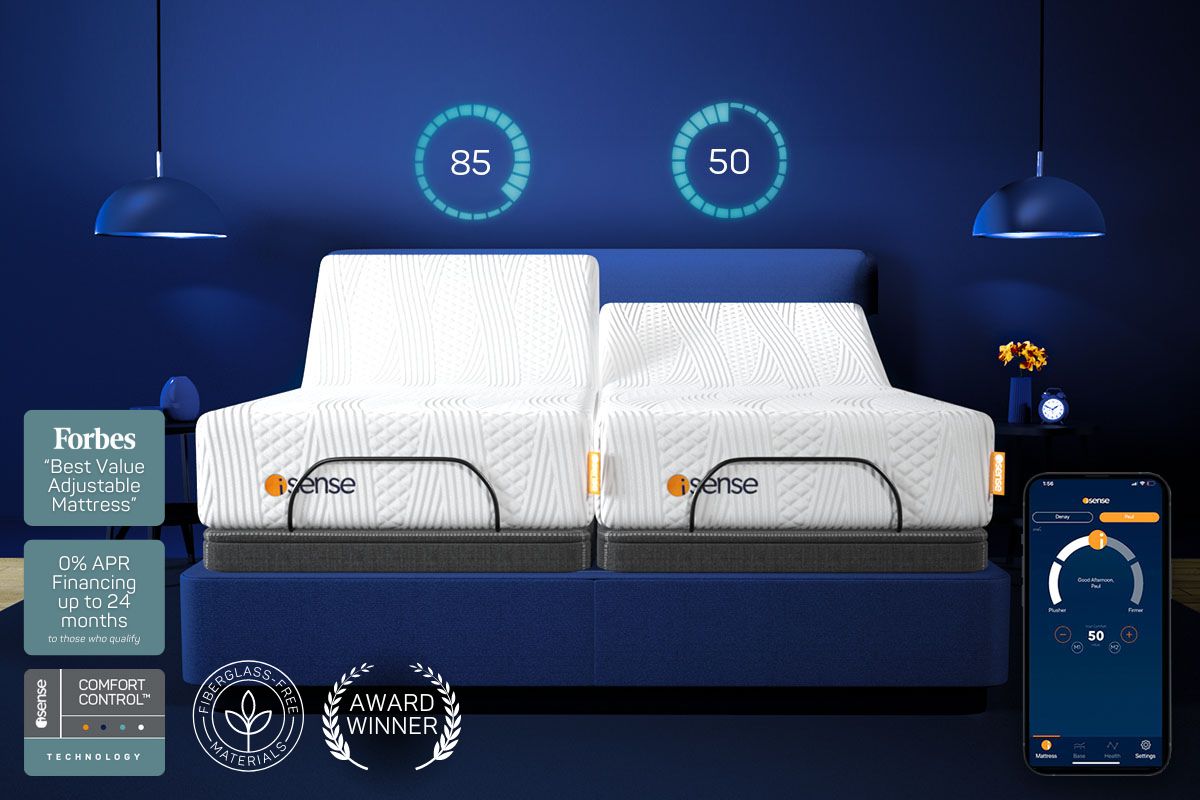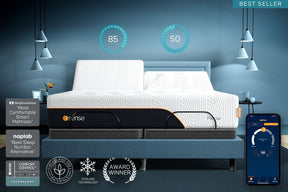Introduction
Have you ever found yourself inexplicably sleepy during the day, unable to shake off that foggy drowsiness? Then you may be experiencing somnolence - a state of near-sleep that can hamper attentiveness and cognitive abilities.
Our comprehensive guide will take you through its definition, causes, and treatments to give you a grip on this sleep issue. Ready for an eye-opening journey into the world of daytime drowsiness? Let's jump in!
Definition of Somnolence
Somnolence, often referred to as drowsiness or excessive sleepiness, is a state of strong desire for sleep. It typically leads to an individual sleeping for unusually long periods and can result in cognitive impairment and lack of attention.
Unlike ordinary tiredness or fatigue, somnolence is often accompanied by reduced muscle tone and vivid dreams during the rapid-eye-movement (REM) phase of sleep. This condition may also manifest as daytime somnolence where one experiences overwhelming sleepiness during waking hours—an indicator that you might not be achieving quality wakefulness despite receiving adequate amounts of night rest.
An especially prevalent form called Somnolence syndrome tends to occur mainly among pediatric patients who've undergone whole brain radiation therapy (WBRT). Notably observed 1-6 months post-WBRT, this syndrome represents a subacute effect of cranial irradiation.
With such varied manifestations and causes, understanding somnolence requires acknowledging its diversity—from simple lethargy to hypersomnia—a condition characterized by excessive daytime sleepiness similar to narcolepsy.
Causes and Treatment of Somnolence
- Certain medical conditions, such as sleep apnea, restless leg syndrome, and insomnia, can cause somnolence.
- Medications that have sedative effects, including antihistamines, antidepressants, and anti-anxiety drugs, can also contribute to somnolence.
- Poor sleep hygiene, such as irregular sleep schedules or excessive caffeine intake, can disrupt sleep patterns and lead to somnolence.
- Mental health disorders like depression and anxiety can affect sleep quality and contribute to daytime sleepiness.
- Chronic medical conditions like diabetes and hypothyroidism can cause fatigue and increase the risk of somnolence.
- Treatment for somnolence depends on its underlying cause. In some cases, lifestyle changes like improving sleep hygiene and managing stress may be sufficient.
- For individuals with sleep disorders like sleep apnea or insomnia, treatment may involve specific interventions such as the use of continuous positive airway pressure (CPAP) machines or cognitive-behavioral therapy for insomnia (CBT-I).
- Addressing any underlying medical conditions through appropriate medication or therapy may also help alleviate somnolence.
- In certain cases where excessive daytime sleepiness is a symptom of another condition like narcolepsy or hypersomnia, medications specifically targeting these disorders may be prescribed.
Remember that it's essential to consult a healthcare professional to determine the specific cause of somnolence and develop an appropriate treatment plan.
Conclusion
In conclusion, somnolence is a state of excessive sleepiness characterized by a strong desire for sleep and impaired cognitive function. It can be caused by various factors and may lead to drowsiness, fatigue, or even lethargy.
Understanding the causes and treatment options for somnolence is crucial in order to improve sleep quality and overall well-being.
FAQs
1. What is somnolence?
Somnolence is a medical term used to describe a state of excessive sleepiness or drowsiness. It refers to the condition where an individual feels extremely tired and has difficulty staying awake during the day.
2. What are the causes of somnolence?
There are several possible causes of somnolence, including inadequate sleep or poor sleep quality, certain medications or substances, underlying medical conditions such as sleep disorders, depression, or hormonal imbalances, and lifestyle factors like excessive alcohol consumption or shift work.
3. How is somnolence diagnosed?
To diagnose somnolence, healthcare professionals often conduct a comprehensive evaluation that includes taking a detailed medical history, performing physical examinations, conducting sleep studies (polysomnography), and assessing any underlying conditions that may be contributing to the excessive daytime sleepiness.
4. How can somnolence be treated?
The treatment for somnolence depends on its underlying cause. In some cases, improving sleep hygiene practices such as maintaining regular sleeping patterns and creating a conducive environment for quality sleep can help alleviate symptoms. Medications specific to treating narcolepsy may also be prescribed in certain cases. Lifestyle modifications like reducing alcohol intake and managing stress levels can also contribute to managing somnolence effectively.
Somnolence is one factor affecting sleep, but the quality of your mattress may also be a factor. iSense offers the best adjustable firmness mattress with soft-to-firm settings on each side of the bed. Try iSense risk-free for 180 days.






















